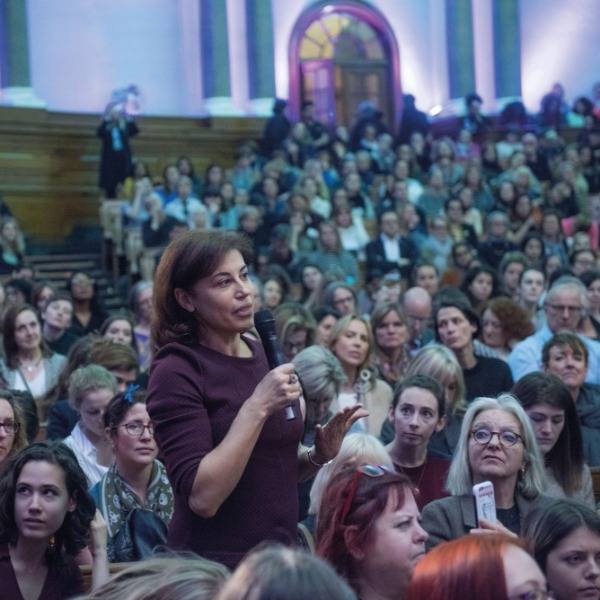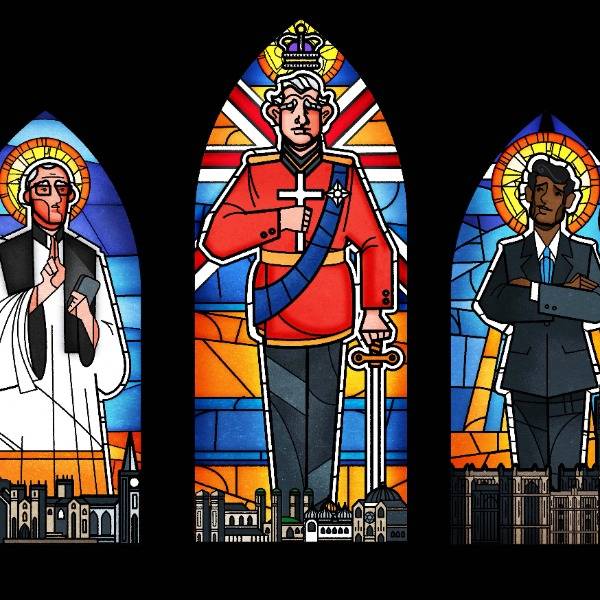Ever since the campaign to legalise gay marriage gained force in 2013, the subject of marriage and the laws around it have been a political hot topic. It has been argued that heterosexual couples should be allowed to have civil partnerships, and that other legislation surrounding the institution should be relaxed or altered.
One area of debate is the legal status of humanist marriages – currently, couples who have a humanist ceremony must also separate go to a registry office to make the marriage legal. The British Humanist Association (BHA) has been campaigning for this to change, and for people who are agnostic, atheist, or simply don’t want a religious ceremony, to have a secular wedding outside a registry office. At the moment, weddings can take place in any registered religious building – churches, mosques, even premises belonging to Scientologists and Spiritualists. A historical exemption allows Jewish and Quaker ceremonies to take place anywhere. This legal provision could be extended to include humanist weddings too. This would allow couples to tailor the ceremony and use venues that are not licensed for civil weddings.
When the Marriage (Same Sex Couples) Act 2013 was passed, it included a requirement for the government to hold a consultation on the issue, and awarded them order-making powers to introduce it. The debate has dragged on without a decision. Now, it has been reported that Lynton Crosby, David Cameron’s election strategist, has advised that this is a “fringe” issue that could confuse the government’s key messages before May’s general election. Reportedly, Downing Street is going to block the idea. This is despite support within parliament from the Liberal Democrats, and outside amongst the general public.
The BHA has reacted angrily to the news, with chief executive Andrew Copson saying:
“It is shameful that Number 10 would block the wish of thousands of couples to start their married life in a way that is personal and meaningful to them. Giving legal recognition to humanist marriages is a simple measure which adversely affects no one, has huge popular and political support, and would increase the number of people getting married each year.
“Under this government, Scientologists have been added to the list of religions that can perform legal marriages… To describe the legal recognition of humanist marriages as a “fringe” issue insults the many non-religious couples – much larger in number than these many small religious groups - whose planned marriages next year will not be able to go ahead if Number 10 blocks this change.”
Campaigners point to the example of Scotland, where humanist weddings have had legal status since 2005. Humanist weddings are now the third most popular form of marriage in Scotland, accounting for 10 per cent of all Scottish marriages. There has been an increase in the number of people getting married, against a general decline in the UK.
For more information, visit the BHA.

